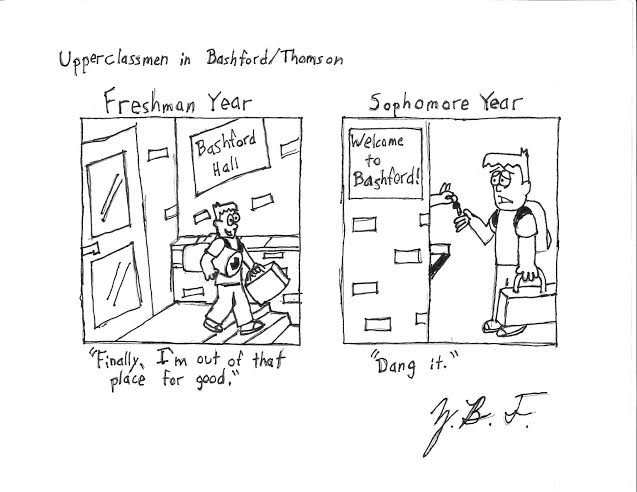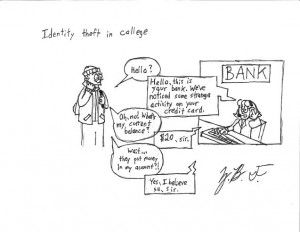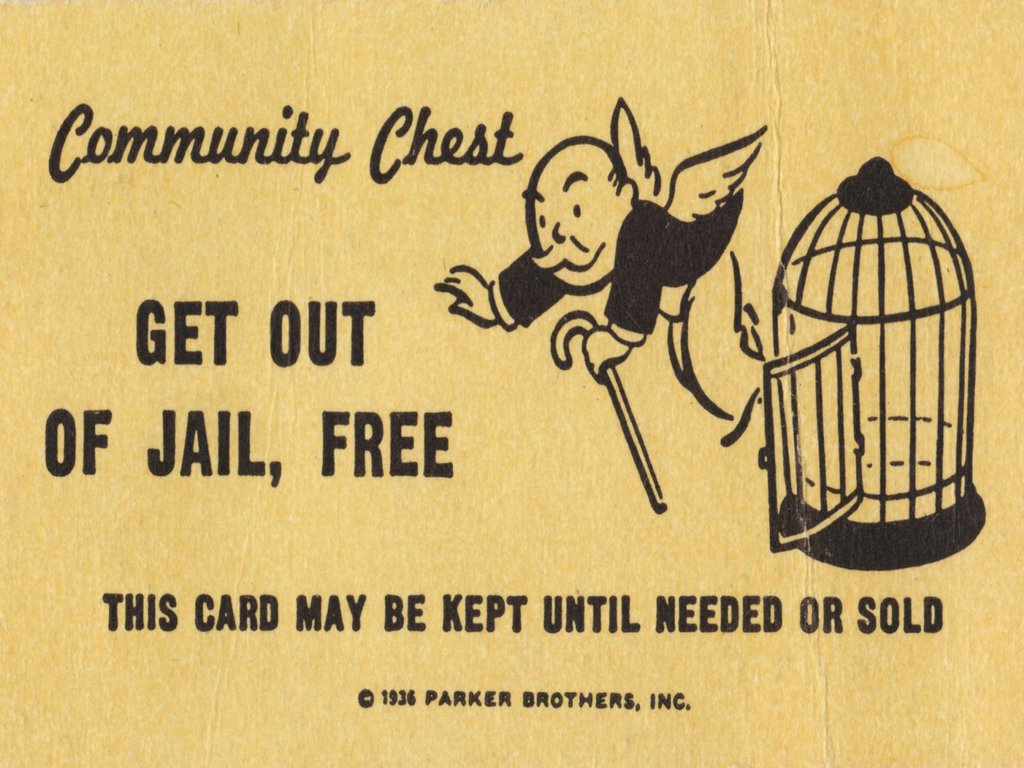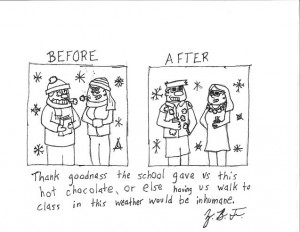By: senior Luke Peters
Every red-blooded American loves freedom, right? It’s on the ideal of preserving personal freedoms that America was founded on, after all. And in the grand scheme of things, America is a pretty solid country. But with any country, there are plenty of problems. However, do not fret, as the solution is relatively simple, at least in theory: A return to absolute monarchy and an abandonment of the glorification of personal freedoms.
Speaking ethically, there are a couple different ways that one can try and quantify what is considered “good.” From a utilitarian perspective, the most morally correct course of action is whatever provides the highest amount of good to the highest number of people, whether you choose to quantify that good as happiness, pleasure, satisfaction or some other similar positive emotion. Of course, many critics of utilitarianism might argue that it doesn’t account for any sort of moral justice; the best action, for instance, might bring a high amount of happiness to immoral criminals at the expense of innocent people. This is a decent criticism, so it seems appropriate to include a sense of moral fairness alongside maximization of good when we are sketching out a rough model of basic ethics.
Notably absent from this model is the idea of autonomy, or the freedom to do as one pleases (so long as it doesn’t harm others, most would add). Many people, philosophers or otherwise, tend to include autonomy as a positive moral value. But why? There is no guarantee that allowing people to make their own decisions will bring the highest degree of good, or guarantee moral fairness. So what makes us naturally think of autonomy as a moral good, as something we ought to strive for? If someone else knows what decision you ought to make in order to maximize good and maintain moral fairness, why let you screw up that choice yourself and waste all of that potential good?
We already acknowledge parents ought to make decisions for their children when they are very young; after all, an adult knows better than a child what the right choice is. Why stop this behavior once one is no longer a child? Surely there are adults out there much better equipped to make decisions than other adults.
“But wait!” One might say. “Surely only you yourself know what is best for you? No one is more a person than the person themselves, right?” But this is of course untrue. Who is better equipped to decide which car John ought to buy, the unremarkable everyman John, or his friend who is an expert on cars? It seems commonsensical that John ought to yield to his friend’s choice, even if he think he might know better. Chances are, he doesn’t actually know better; he just lacks the knowledge to know why he is wrong.
This is the principle of paternalism, the idea of restricting someone’s freedom for their own good, and our fetishization of autonomy has given this poor ethical concept a bad rap. It is this principle that is at the backbone of why an absolute monarchy is the superior governmental system. Under a democratic republic, like the (admittedly flawed) one the United States has, the decision making power lies in the hands of the people (in theory). By voting people into power whose beliefs reflect their own, they get to shape the rules to their own liking. Now, obviously this is a little problematic because it doesn’t mean that everyone gets what they want, only that the majority gets what they want.
But this is not the problem at hand; the problem we are focusing on is the decision making power is put in the hands of the people who are in the majority, as opposed to the people that actually know what the right decision on the matter is. The problem with a democratic government is that it equates the correct decision with the decision that is most popular; doing so maximizes autonomy, as most people will be able to do what they want, but doesn’t necessarily maximize moral good.
What would maximize good, however, is not a decision made on the basis of popularity, but a decision made on the basis of correctness. In order to achieve this, the ideal laws and regulations should be those passed not by popular vote, but by a singular order by a monarch. Naturally, this monarch would have to be the person most qualified for the job, and as such must be an incredibly intelligent expert in the field of ethics, preferably the leading expert in the field. (How we would go about finding such a person is a whole different issue.) Additionally, they would be backed by a team of the very best scientists in the fields of psychology, sociology, and all the natural sciences so he might make the most informed decision possible on any such occasion.
Now, many of the laws passed under such a monarch would be unpopular, make no mistake. But in the end, such laws are decisions that have been meticulously calculated to be most likely to cause the highest amount of good, and to do so fairly and evenly. As such, any criticism of them would either be uninformed, or coming from a place of greed or entitlement. Under such a system, one can imagine many of the world’s leading problems (unfair distribution of wealth, overpopulation, environmental pollution) a thing of the past, now that the government has enough power to enforce such decisions without having to deal with pesky autonomy.
Such a utopia will likely never be achieved, at least not anytime soon. However, I encourage all those reading this to reconsider whether or not restriction of freedom really is such a negative thing; the notion of autonomy as a moral good is outdated, and we must abandon it if we hope to evolve as a society.



















